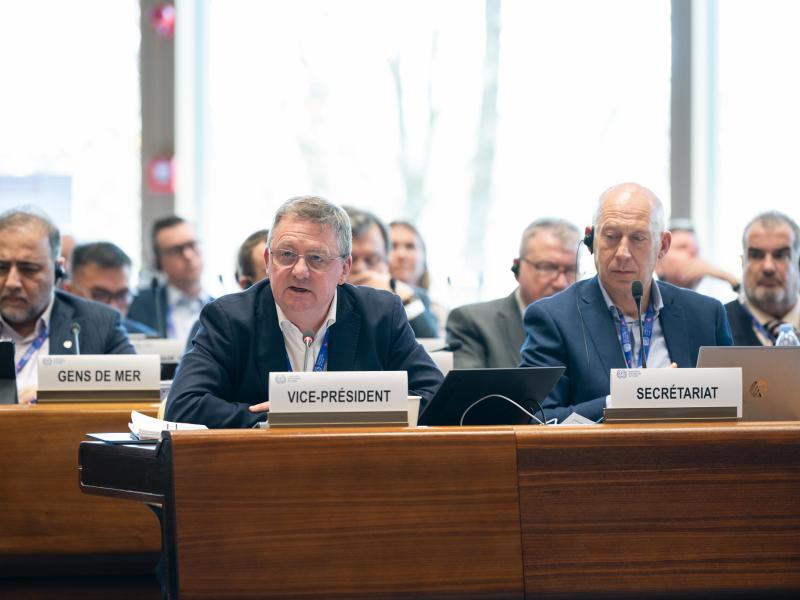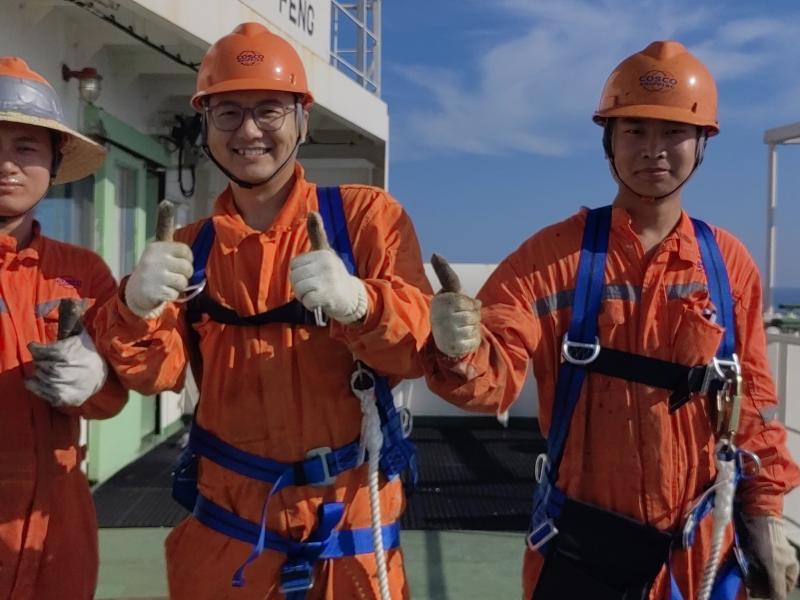The International Transport Workers’ Federation (ITF) condemns the escalating violence in eastern Democratic Republic of Congo (DRC) where hundreds of thousands of people have been forced to flee their homes. Despite a fragile humanitarian ceasefire, declared on Tuesday, 4 February, civilians continue to bear the brunt of ongoing conflict.
Since the start of the current crisis in 2022, at least 700,000 people have been internally displaced. The clashes in recent weeks have forced a new influx of people into overcrowded and unhygienic displacement camps, with workers and their families forced to survive without proper shelter.
Transport workers are particularly at risk of violence as their jobs often mean they must cross dangerous frontlines and checkpoints.
Food supplies are critically low, electricity and water outages are exacerbating the situation, and transport routes have been blocked leaving thousands of people stranded.
Working people and their families continue to suffer considerably with widespread job losses and workplace destruction. Alarmingly, reports of child recruitment into armed groups are also growing as well as unprecedented levels of sexual violence.
“The situation in DRC is catastrophic: the scale of suffering is incomprehensible and there is an urgent need to protect civilians and working people,” said Stephen Cotton, ITF’s General Secretary.
“At the heart of this conflict lies multinational corporate greed and the exploitation of DRC’s rich and vast mineral resources,” said Paddy Crumlin, President of the ITF.
“Congolese workers are carrying out dangerous and back-breaking work while paying the price for this shameless profiteering. Any company using extracted minerals from DRC is complicit in the crisis and must be held accountable. This is not a supply chain – it is a horror show.”
“The security and humanitarian situation is worrying. We hear a lot of gunshots, especially at night. There is growing insecurity with numerous thefts and looting in homes as well as raping of women after the escape of more than 400 prisoners.” said DC, a female provincial union leader and transport worker from North Kivu.
“Air transport is at a standstill due to internet and telephone connection difficulties. The airspace is closed and the majority of installations and equipment has been ransacked. Navigation on Lake Kivu is almost at a standstill, apart from a few risky movements. Only informal road transport is possible, mostly during the day.” said RN, a male provincial union secretary working in South Kivu.
The ITF calls for an immediate cessation of the activities of armed groups, the rapid return of peace, free movement of goods and people, the immediate withdrawal of all foreign armed forces and the respect of the sovereignty of the DRC. Humanitarian aid must be provided for displaced and vulnerable people and the protection of civilians respected and upheld.
Human rights violators must be held to account and stricter global supply chain regulations are needed to curtail the flagrant exploitation of DRC’s vast mineral resources.
“Trade unions and workers must be protected and included in peace negotiations and post-conflict recovery efforts,” added Cotton.



